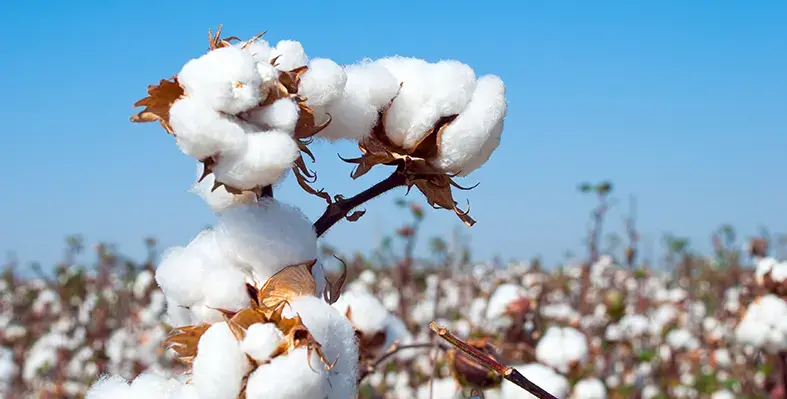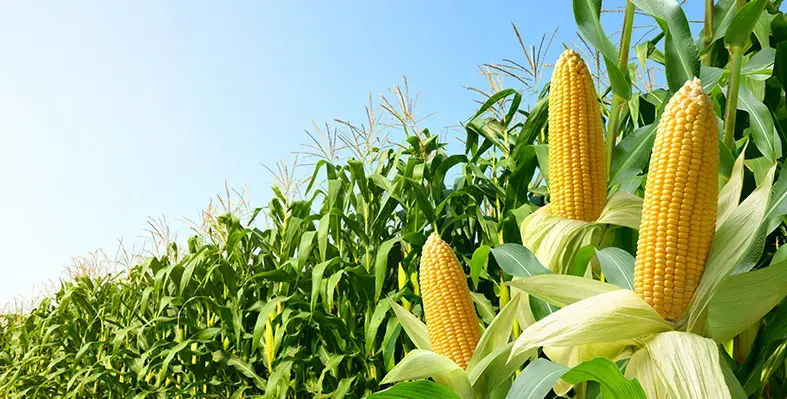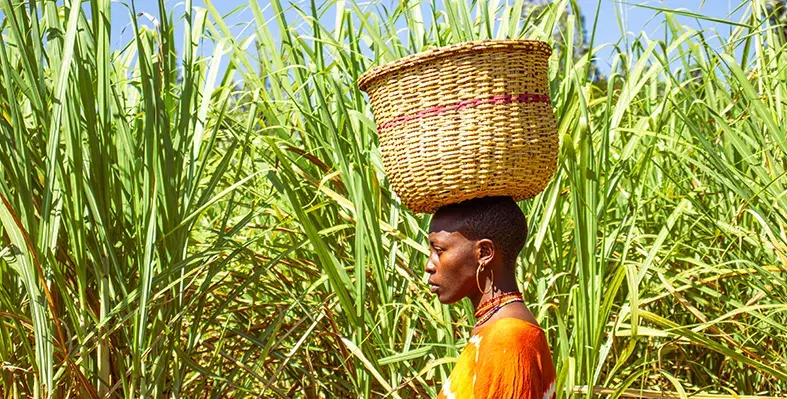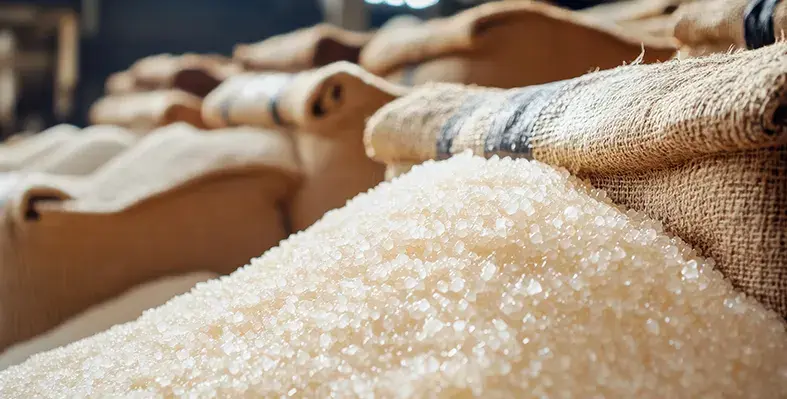
Crédit du Sahel is introducing innovative credit solutions that reflect the seasonal nature of agriculture.
Crédit du Sahel has strengthened its position as a key driver of agricultural finance in Cameroon by formalising a landmark partnership agreement with the National Confederation of Cotton Producers of Cameroon (CNPCC) in Garoua.
Building on more than a decade of collaboration, the renewed alliance aims to accelerate the integration of cotton farmers into the formal banking system, unlocking new opportunities for financial inclusion, income security, and sustainable rural development across the country.
This expanded agreement comes at a critical moment for cotton producers in northern Cameroon, who are navigating increasing regional insecurity alongside stricter regulatory requirements under national financial legislation. For years, many farmers have depended on cash-based transactions, leaving them vulnerable to theft and limiting their access to modern financial services. By promoting structured, secure banking solutions, the partnership seeks to safeguard farmers’ earnings, improve financial transparency, and connect producers to a wider range of tailored financial products.
Moving beyond conventional harvest financing, Crédit du Sahel is introducing innovative credit solutions that reflect the seasonal nature of agriculture. Among these is “soudure” financing, designed to support households during lean periods when income gaps are most pronounced. This initiative will help families manage essential expenses between planting and harvest cycles. The agreement also provides financing for food crops and complementary rural activities, alongside dedicated training loans to strengthen financial literacy and long-term financial planning among cotton producers.
According to Adamou Haman Wabi, Director General of Crédit du Sahel, the core objective of the partnership is to protect producers’ revenues by offering a safer and more reliable alternative to cash handling, particularly in fragile and high-risk regions. This transition represents a significant step towards greater financial resilience and economic stability for farming communities.
From the CNPCC’s perspective, improved access to credit is fundamental to scaling cotton production nationwide. Board Chair Paul Tizi highlighted that meeting national output ambitions is directly linked to the availability of adequate financial resources. This aligns with the goals of SODECOTON, which is targeting an annual production level of 450,000 tonnes. Following a strong recovery in seed cotton output from around 295,000 tonnes to approximately 347,000 tonnes in the 2022/2023 season sustained investment is essential to maintain growth for the more than 200,000 households dependent on cotton farming.
As one of Cameroon’s most valuable cash crops, cotton underpins rural livelihoods in the Far North, North, and Adamawa regions. With 25 years of experience and a network of 20 branches, Crédit du Sahel continues to play a stabilising role in the agro-industrial ecosystem. Through this strategic partnership, the bank and CNPCC are strengthening economic resilience, advancing cashless agriculture, and reinforcing Cameroon’s competitiveness in the global cotton market.








